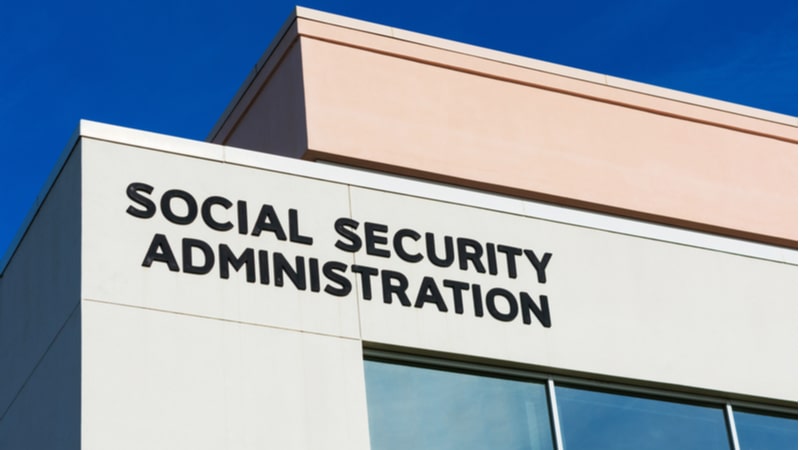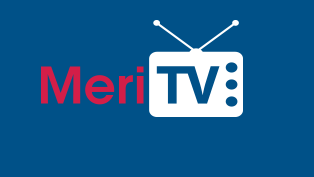
While legislation from 2018 sought to have the Social Security Administration (SSA) enter into agreements with states to share and match SSA and child welfare data, a Government Accountability Office (GAO) survey has found that some state child welfare agencies are identifying challenges to participating in these data exchanges.
The Strengthening Protections for Social Security Beneficiaries Act of 2018 directed SSA to enter into data-sharing agreements with states on a monthly basis “to identify represented minor beneficiaries who are in foster care and for beneficiaries whose foster care arrangements have changed, to re-determine the appropriate payee.”

As of April 2021, GAO said that 31 state child welfare agencies entered into agreements with SSA to share data on represented minor beneficiaries in foster care through data exchanges, with 14 of these states actively exchanging data with SSA. The 2018 legislation doesn’t explicitly say that states have an obligation to enter data exchanges with SSA.
“According to SSA, many state child welfare agencies were hindered by factors such as insufficient funding or resources,” wrote GAO. “GAO’s national survey found that states, in general, identified available staff and technology issues as the most challenging factors to implementing or maintaining data exchanges after an agreement was signed.”
GAO also said that national data from SSA showed that child welfare agencies were the payees for roughly 81 percent of the more than 25,000 represented minor beneficiaries in foster care as of Nov. 30, 2020, but that these data likely reflect an undercount.
SSA staff said that a number of challenges occurred when testing data exchanges with states, including sending files that included missing or duplicate data or data that had not been properly updated. The staff said that these same issues sometimes occurred after testing was completed and once a state was regularly exchanging data.
“Among the 31 state child welfare agencies responding to this survey question, about one-half reported that available staff (16 states) and technology issues (15 states) were at least moderately challenging to implementing or maintaining a data exchange,” wrote GAO. “Eleven states also reported that data collection issues were at least moderately challenging.”
GAO provided a draft of the report to SSA and the Department of Health and Human Services (HHS) for review and comment. SSA said that it was “continuing to work with states with whom is does not have data exchange agreements and to assist states that have agreements but are not actively exchanging data.” HHS did not have comments on the report.
